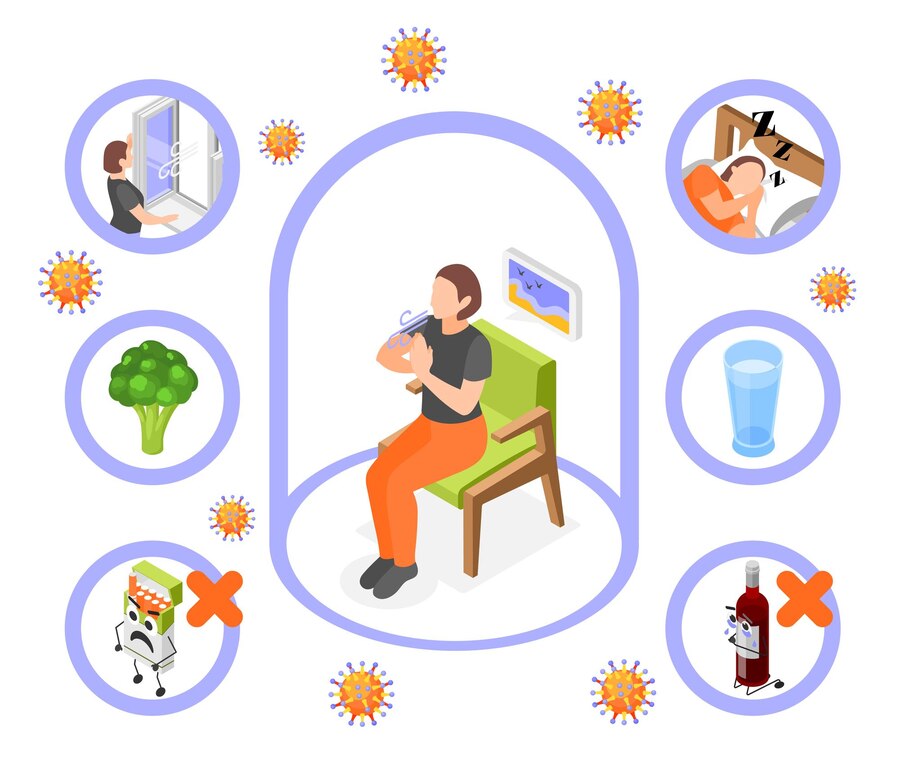
Improving Quality of Life with Atopic Dermatitis: Tips for Better Sleep
Atopic dermatitis, also known as eczema, can disrupt more than just your skin—it can affect your sleep too. If you’re struggling with sleep disturbances due to eczema, you’re not alone. But there are strategies you can employ to improve your quality of life and get the rest you need.
Understanding the Connection
Atopic dermatitis and sleep disturbances often go hand in hand. The relentless itching, discomfort, and inflammation associated with eczema can make it challenging to fall asleep and stay asleep throughout the night. As a result, many individuals with eczema experience poor sleep quality, leading to fatigue, irritability, and difficulty concentrating during the day.
Tips for Better Sleep
While managing eczema-related sleep disturbances may seem daunting, there are steps you can take to improve your sleep quality and overall well-being:
- Establish a Bedtime Routine: Create a relaxing bedtime routine to signal to your body that it’s time to wind down. This could include activities such as taking a warm bath, practicing gentle yoga or meditation, or reading a book.
- Keep Your Bedroom Cool and Comfortable: Maintain a comfortable sleep environment by keeping your bedroom cool, dark, and quiet. Invest in breathable bedding and pajamas to prevent overheating, which can exacerbate eczema symptoms.
- Moisturize Before Bed: Moisturizing before bedtime can help soothe dry, itchy skin and prevent flare-ups during the night. Opt for fragrance-free, hypoallergenic moisturizers and apply them generously to damp skin after bathing.
- Choose Suitable Sleepwear: Wear loose-fitting, soft fabrics such as cotton or silk to minimize friction and irritation on your skin. Avoid rough or synthetic materials that may exacerbate eczema symptoms.
- Manage Stress: Stress can exacerbate eczema symptoms and disrupt sleep patterns. Practice stress-reduction techniques such as deep breathing, progressive muscle relaxation, or mindfulness meditation to promote relaxation and improve sleep quality.
- Consult a Healthcare Professional: If eczema-related sleep disturbances persist despite self-care efforts, consider consulting a healthcare professional. They can assess your condition and recommend appropriate treatments, such as topical corticosteroids, antihistamines, or phototherapy.
Conclusion
While atopic dermatitis can present challenges when it comes to sleep, implementing these strategies can help improve your quality of life and promote better sleep hygiene. By prioritizing self-care, managing eczema symptoms, and seeking support when needed, you can enjoy more restful nights and wake up feeling refreshed and rejuvenated.
To seek medical advice, always consult a Doctor. Here are our recommended EXPERTS. Click here
To read more on SKIN. Click Here



